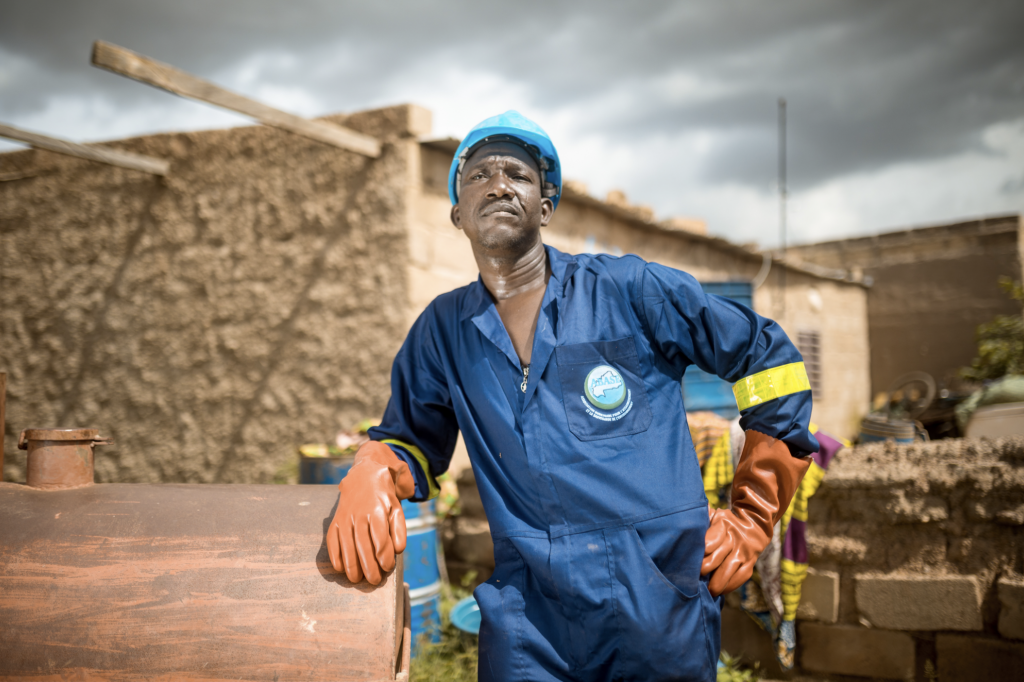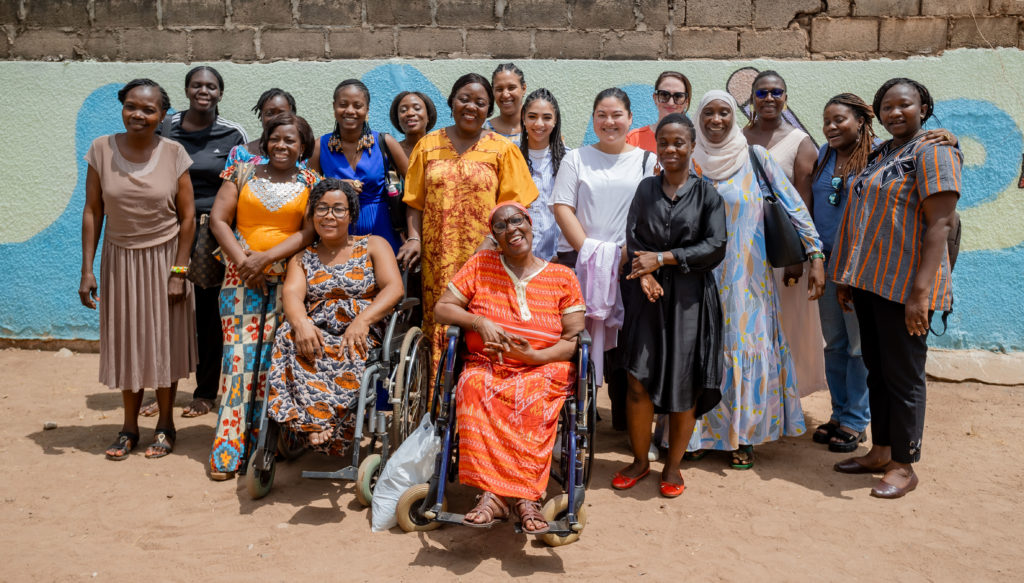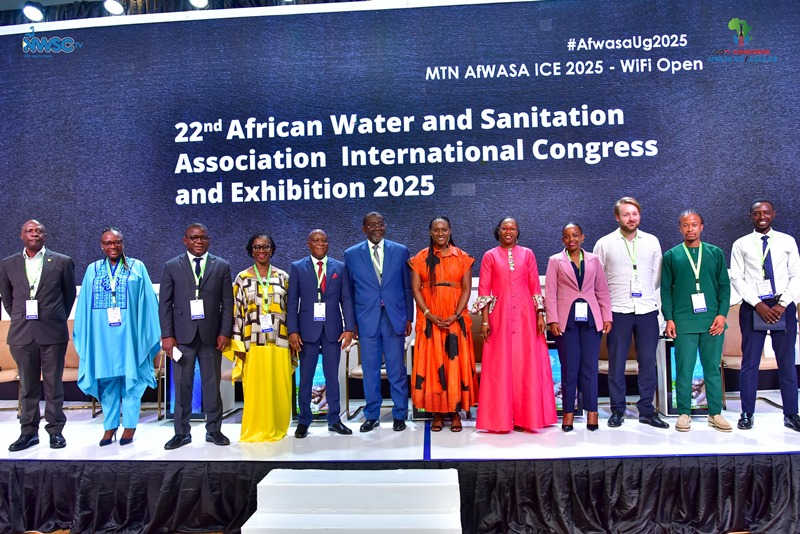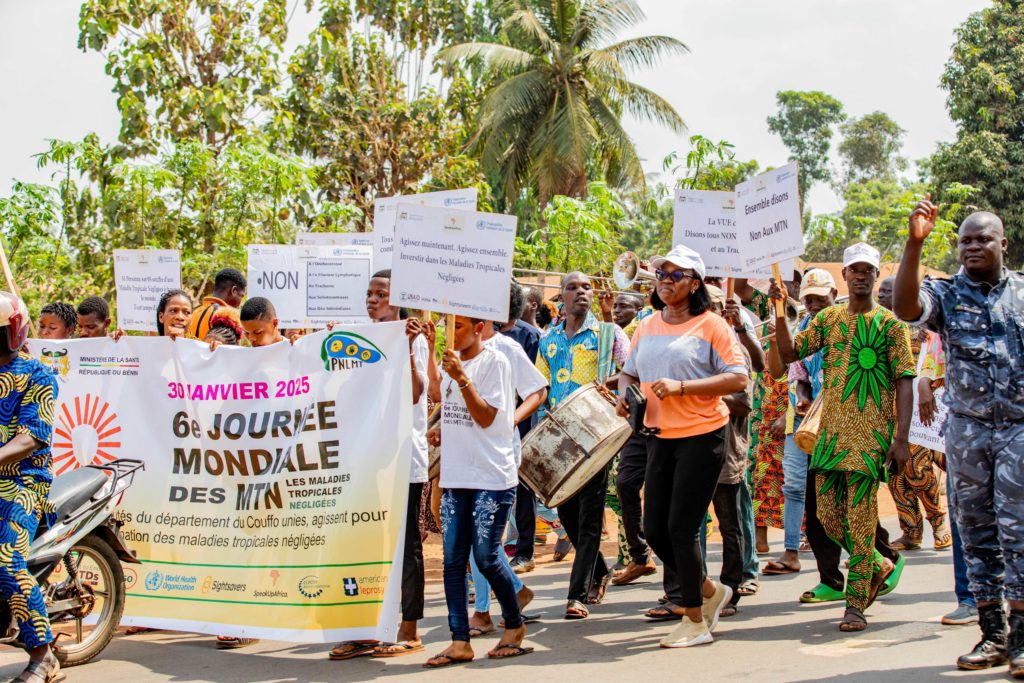Why onsite sanitation needs to become a public health priority in Ouagadougou

Alidou Bandé, Manual Emptier from Ouagadougou, Burkina Faso
When I first noticed the unsanitary conditions of many neighborhoods of Ouagadougou – Burkina Faso’s capital city – while working as a professional photographer fifteen years ago, I decided to do become a manual emptier. The lack of improved offsite sanitation is a huge issue in Ouagadougou and non sewered sanitation represents 95% of the city’s sanitation system.
In Ouagadougou, most manual emptiers cannot afford a truck to do their chores and, even mine, is not suitable as there is nothing to cover fecal sludges once the emptying is done. With a city so dependent on manual emptiers, I am proud to have helped build latrines for over a dozen disadvantaged households. Building on this success, together with 24 other manual drainers, I established the Burkinabe Association for Sanitation and Environmental Protection, which works to the city’s manual emptiers’ efforts as well as helping to create a cleaner and healthier environment for many of the city’s inhabitants.
Two weeks ago, I was delighted to welcome Speak Up Africa’s team to Ouagadougou for a site visit and to discuss some of the challenges I am currently facing as well as potential solutions. Furthermore, in order to promote the importance of adequate sanitation and access to clean water, organisations must coordinate to raise awareness amongst the general public. It is always great to discuss and share some of the ideas I have for improving perceptions around the manual emptier profession and I hope more civil society organisations will reach out to help spread the word.
When waste is not safely contained it escapes into the environment polluting the places that people live, work and play and it is always the poorest and most marginalized whom disproportionately experience inadequate sanitation services. This sanitation crisis causes ill health and spreads diseases, harming the human and economic potential of entire communities. Governments should ensure efforts are focused on improving sanitation services for everyone – particularly among the most disadvantaged and marginalized people in West Africa.
With Ouagadougou currently undergoing a population explosion and a corresponding increase in precarious housing, I can only see the inefficiency of wastewater treatment systems worsening without intervention from governments and municipalities.
This is why initiatives like the Africa Sanitation Media Fellowship Award launched by Speak Up Africa in early September are encouraging to see. Through supporting journalists in reporting on the need for better sanitation facilities and the barriers to improved sanitation across the continent, we can work together to alleviate public health, and better the lives of millions of on the continent.


